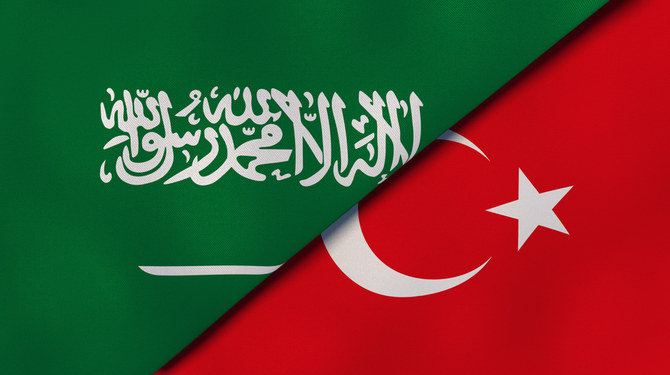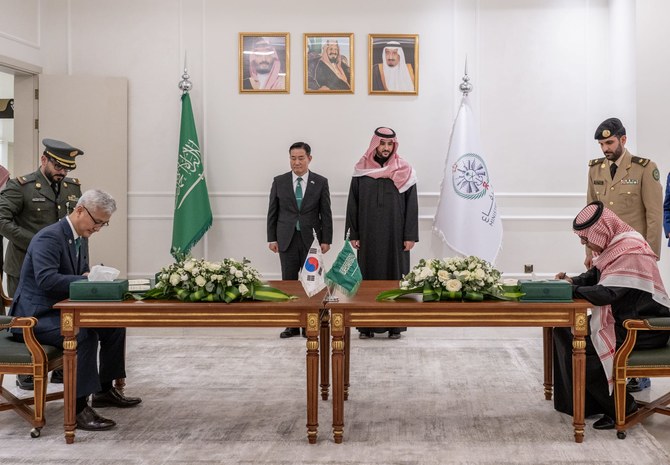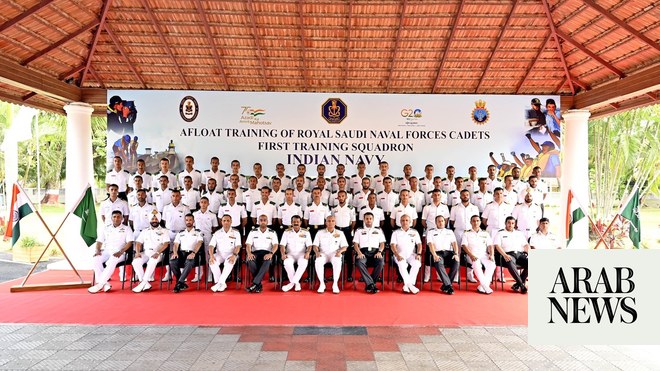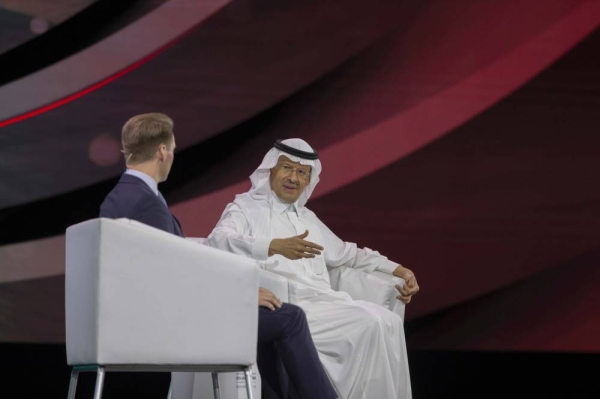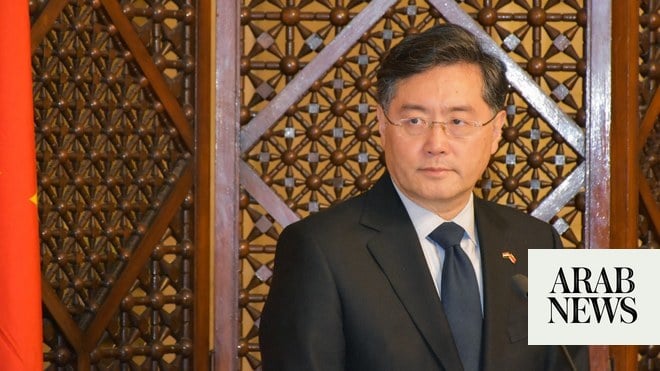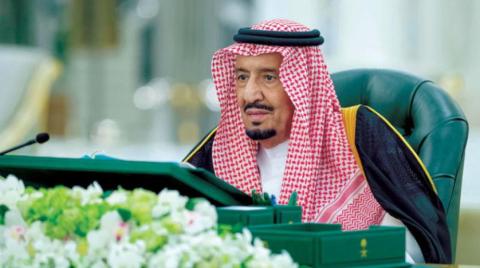
Saudi Arabia’s burgeoning defense cooperation with Turkiye and China over the past few years has been garnering significant attention, especially following the recent visits to both countries by Defense Minister Prince Khalid bin Salman.
After his visit to China last week, the Saudi defense minister met with Turkish President Recep Tayyip Erdogan in Ankara on Tuesday. His visit included discussions with his Turkish counterpart and meetings with officials from leading Turkish defense companies to discuss opportunities for defense cooperation in line with Saudi Vision 2030.
In China, Prince Khalid was received by Zhang Youxia, China’s second-ranked military official after President Xi Jinping. This meeting was Zhang’s first with a foreign defense minister this year.
Saudi Arabia is increasingly being seen as a significant defense partner in the region by both Turkiye and China, as these two non-Western states have already signed deals on defense and military cooperation with Riyadh. Saudi Arabia is aiming to direct half of its defense spending to domestic facilities by 2030 and, in pursuit of this goal, the Chinese and Turkish defense industries appear to be strong partners for cooperation.
Saudi Arabia is increasingly being seen as a significant defense partner in the region by both Turkiye and China.
Sinem Cengiz
To start with Turkiye, bilateral relations between the two countries have been progressing in several areas. However, it seems that Saudi-Turkish defense cooperation is outweighing their political and economic cooperation. Last year, during Erdogan’s landmark visit to the Kingdom, Saudi Arabia agreed to buy Turkish drones from Baykar in the biggest defense contract in Turkiye’s history.
Considering the crises these countries are facing in their immediate neighborhood, the constructive nature of their relations is crucial and the defense sector appears to be a significant area of cooperation. During Prince Khalid’s visit, Saudi Arabian Military Industries, known as SAMI, signed three memorandums of understanding with Turkish companies — namely Baykar, Aselsan and Fergani. These deals aim to support the Kingdom in its localization of the defense industry. SAMI will participate in the production of Baykar drones, with Riyadh aiming for more than 70 percent of the production to be carried out in the Kingdom. The first unmanned aerial vehicle is expected to be delivered to the Royal Saudi Air Force by 2026.
One of the key components of Saudi Vision 2030 is to develop an autonomous defense industry, aiming to reduce the Kingdom’s dependence on arms imports by at least 50 percent. Saudi Arabia is one of the world’s largest military spenders. Established in 2017 to lessen the country’s reliance on foreign defense products, SAMI has quickly become a major player in the Kingdom’s defense sector.
Prince Faisal bin Farhan, a former SAMI board member, is now the foreign minister and his tenure has fostered a strong interplay between foreign policy and defense industry development. On the other hand, Erdogan has significant influence in Turkiye’s defense sector through family ties, with his son-in-law being the mastermind behind the production of Baykar drones.
Given its successful experience in building its indigenous defense sector, Turkiye aims to serve as a potential model for Saudi Arabia. Two decades ago, few believed Turkiye would achieve such success. However, the arms embargoes Turkiye faced from its Western allies catalyzed the rapid drive for an autonomous defense industry. This rapid localization has helped Turkiye reach the level of being able to manufacture its own drones, helicopters and submarines without relying on imported products. Today, Turkish defense companies play a significant role in the global market.
Saudi Arabia has also faced similar challenges. The US previously restricted arms exports to Saudi Arabia and Germany has blocked sales of tanks. These incidents prompted Riyadh to establish SAMI and cooperate with major external entities in building its indigenous defense sector. The Kingdom, as well as other Gulf states, wants to diversify its security and defense ties following an era of heavy dependence on the West. According to official data, the level of so-called Saudization in the defense sector has already reached 15 percent.
From the Chinese side, Beijing considers Saudi Arabia to be a key partner for cooperation in the region. China earned Riyadh’s trust by successfully mediating a reconciliation agreement between the Kingdom and Iran in March last year.
The Kingdom wants to diversify its security and defense ties following an era of heavy dependence on the West.
Sinem Cengiz
In the defense context, the strategic value of China for Saudi Arabia is related to the changes in US-Saudi relations. Yet, the Kingdom’s defense relations with China are multilayered, encompassing direct military cooperation, technology transfer and industrial partnerships. The Chinese and Saudi navies conducted a joint counterterrorism exercise last October. Additionally, in February, China’s state-owned defense industry had a significant presence at the World Defense Show in Riyadh.
Boosting localization rates for defense equipment to such a high level by 2030 is a challenging task for Saudi Arabia and cooperation with China is crucial. Also, Chinese, as well as Turkish, defense products are not only highly efficient in terms of quality, but they are also affordable, making them an attractive option for Riyadh as it aims to optimize its defense spending. Furthermore, unlike Western states, both Ankara and Beijing do not tie their defense cooperation deals with Riyadh to political issues.
Lastly, Saudi Arabia’s defense cooperation with Turkiye, a regional actor, and China, a global actor, is vital in strengthening regional security.
The nature of defense cooperation is such that countries orient their defense relations on the basis of their respective national interests and regional strategies. Saudi Arabia looking to Turkiye and China as potential partners to boost its defense industry is based on this understanding.
Sinem Cengiz is a Turkish political analyst who specializes in Turkiye’s relations with the Middle East. X: @SinemCngz




